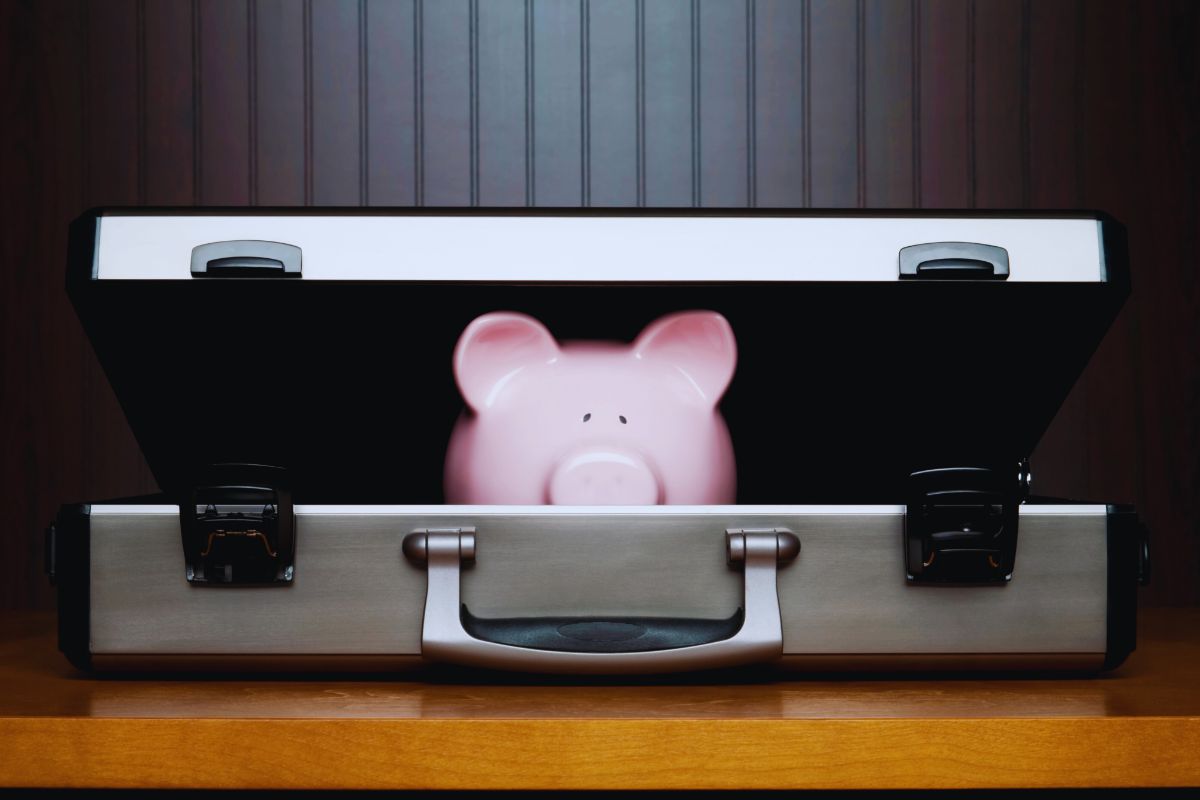How to protect your assets in an unstable economy
Protecting your assets in an unstable economy is crucial to safeguarding your wealth and maintaining financial stability in uncertain times. In an environment of economic instability, where markets fluctuate and prices for goods and services can be unpredictable, it is essential to implement strategies that allow you to protect your assets and maintain your purchasing power.
One of the most effective ways to protect your assets is to diversify your investments. When you spread your capital across different types of assets, such as real estate, low-risk stocks, mutual funds, and precious metals, you can reduce the impact of any single market’s volatility on your overall portfolio. By holding a mix of assets that are less vulnerable to inflation and economic fluctuations, such as real estate or gold, your wealth is more likely to remain stable even in times of recession or uncertainty.
Another strategy is to invest in low-risk, highly liquid assets that can be quickly converted into cash if an emergency arises. Certificates of deposit, government bonds, and high-yield savings accounts can offer stability and protect your capital without exposing it to the risks of volatile investments. In addition, having a cash reserve is essential to deal with any unexpected economic events without the need to liquidate assets under unfavorable conditions.
Considering an inflation hedge is also critical. In an unstable economy, inflation can reduce the value of your assets over time. You can mitigate this impact by investing in instruments that tend to maintain their value or even increase with inflation, such as inflation-linked bonds or real estate. These assets typically adjust upward in response to price increases, protecting your wealth.
It is also important to have proper financial advice. A trusted advisor can help you analyze the market and adapt your investment strategy according to economic conditions, optimizing the distribution of your assets and guiding you on the best practices to protect your assets. Professional advice is especially useful to adjust your decisions according to your risk profile and long-term objectives, minimizing exposure to investments that may be vulnerable in periods of economic instability.
Reducing debt and unnecessary expenses strengthens your financial position in uncertain times. When you limit interest payments and reduce your financial commitments, you can preserve more capital and allocate it to investments or savings. Austerity and financial control are essential to maintain a positive balance and protect your assets without taking unnecessary risks.
Consider protecting your assets with appropriate insurance policies that cover both tangible and intangible assets. Good insurance can be a barrier against losses resulting from unexpected events, such as natural disasters or accidents that may affect your property and, consequently, your assets.
Protecting your assets in an unstable economy means diversifying your investments, maintaining liquid and low-risk assets, seeking expert advice, reducing debt, and having adequate insurance. Taking these measures allows you to better face the challenges of the economy and ensure the stability of your assets in the long term.

